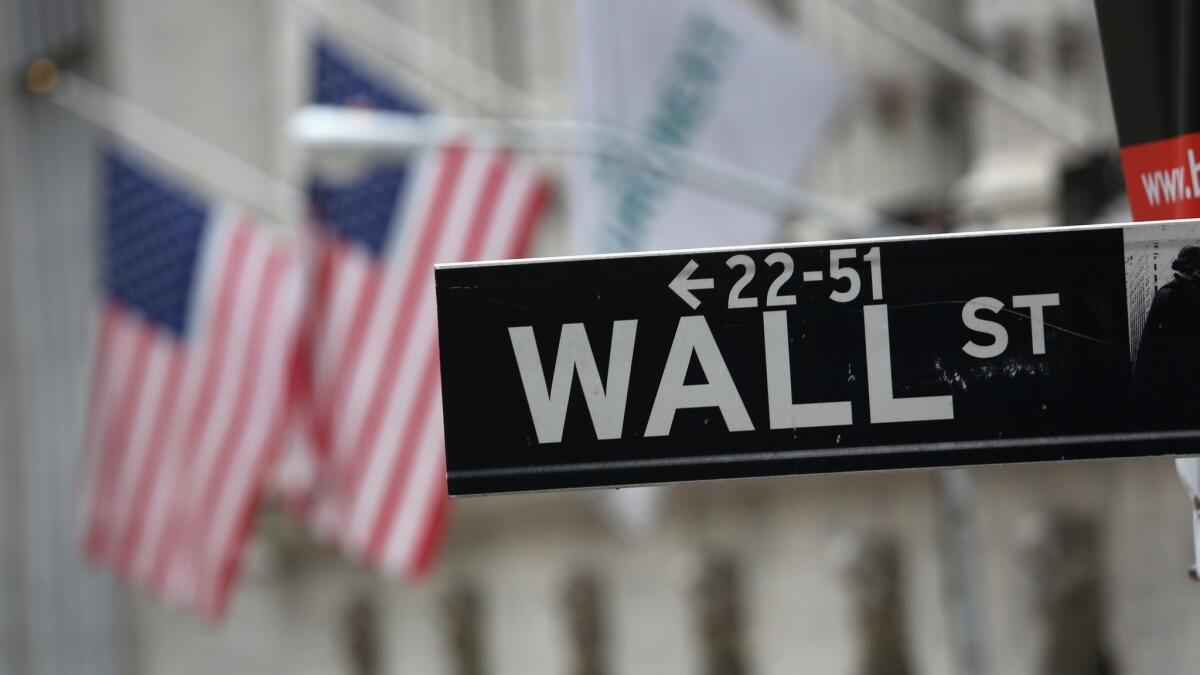Financial advisors thought they’d seen it all. But with coronavirus, they’re in uncharted territory

Even for financial advisors who have lived through Black Monday in 1987, the dot-com bust and the global financial crisis of 2008, the coronavirus-induced market meltdown is uncharted territory.
On the front lines of investing, these advisors have been trying to guide their clients in fathoming the gut-wrenching market correction.
For every panic-stricken retiree who’s seen his or her budget implode, there are market timers poised to put their cash to work, they say.
Here’s how they’re shepherding clients through the crisis.
‘Is it time to buy?’
Susan Kaplan is a registered investment advisor in Newton, Mass. Her average customer account is $3.5 million with an average net worth of $10 million to $12 million.
“What I’ve been doing is holding people back,” she said. “They want to buy things — they have big amounts of cash.”
She says, although prices may appear seductive, she’s telling clients to wait for more certainty before buying.
“I don’t think the volatility will be over until we’re finished with this virus,” she said.
‘Are we close to the bottom?’
Kristin McKenna is a wealth advisor at Darrow Wealth Management in Boston, which runs about $200 million, and the average client account is $1.6 million.
“Most folks have the same questions: Is there anything we should be doing? Are we close to the bottom? Should I still put money in? Most of our clients are comfortable staying the course and know that is the best thing they can do.”
She has been calling up clients to connect “on a human level,” she said. “Especially for those in the most impacted industries or individuals closer to retirement, the planning component becomes even more important.”
‘Is it time to sell?’
Leon LaBrecque says almost half the calls he gets are from clients asking about opportunities to buy.
LaBrecque, chief growth officer at Sequoia Financial Group, says the rest are concerned, although they’re not selling yet.
His Akron, Ohio, firm manages about $4.2 billion, with an average account balance of about $1 million.
His advice? Hold tight — for now.
“The fear is different than the ’08 situation,” LaBrecque said. “We all have a wall of worry about the virus, our jobs, how we cope with social distancing, plus our money.”
‘Should I be scared?’
Steve Morton runs the Captrust Financial Advisors office in Greensboro, N.C., where average accounts are about $2 million, and nearly all clients are retirees or nearing retirement.
Morton says his clients set aside five years of money for income, typically $400,000, and hold the rest in actively managed stock and bond accounts.
“We’re selling bonds and buying stocks,” he said, adding that he tells clients they don’t need to worry because their income’s taken care of.
“Certainly within five years we’re going to come up with a vaccine for this. That calms them down.”
Andrew Komarow, co-founder of Tenpath Financial Group in Farmington, Conn., said, “Now people are actually starting to get a little scared.”
His firm manages about $100 million for 100 families.
“The fear is real,” Komarow added, but he said his clients “know the best thing to do is nothing.”
McDonald and Massa write for Bloomberg.
More to Read
Inside the business of entertainment
The Wide Shot brings you news, analysis and insights on everything from streaming wars to production — and what it all means for the future.
You may occasionally receive promotional content from the Los Angeles Times.










